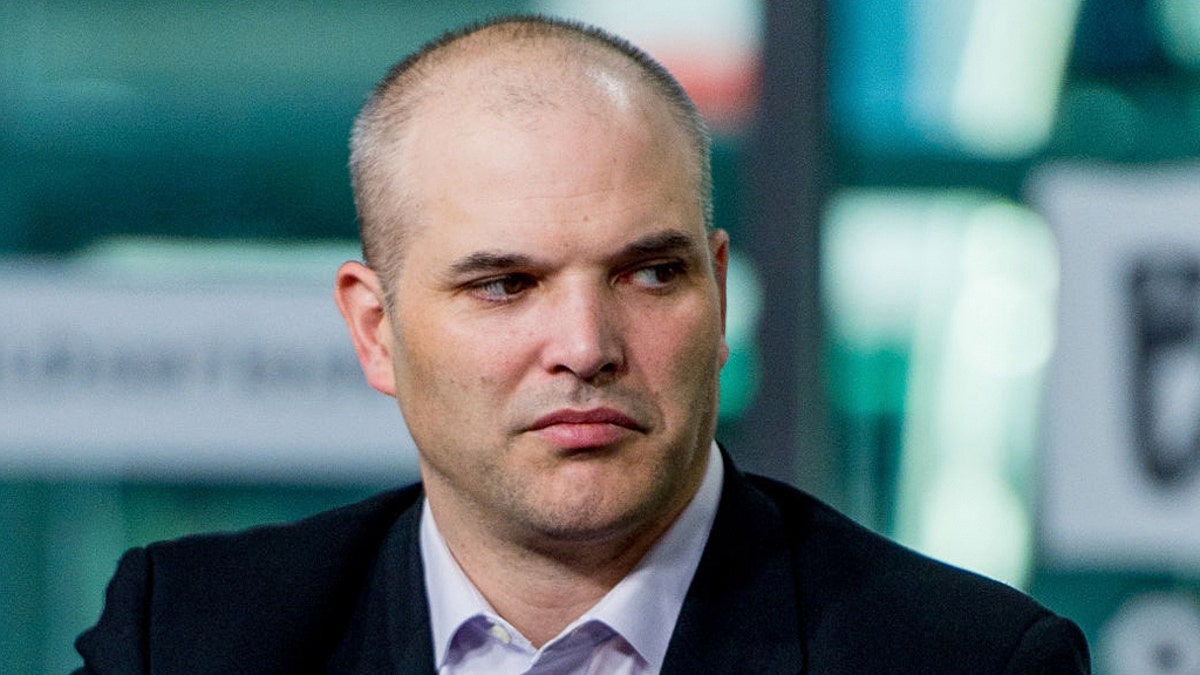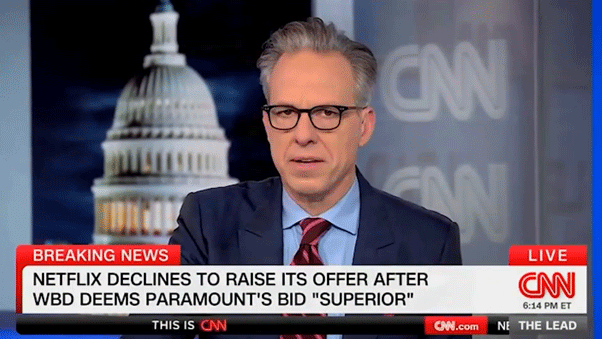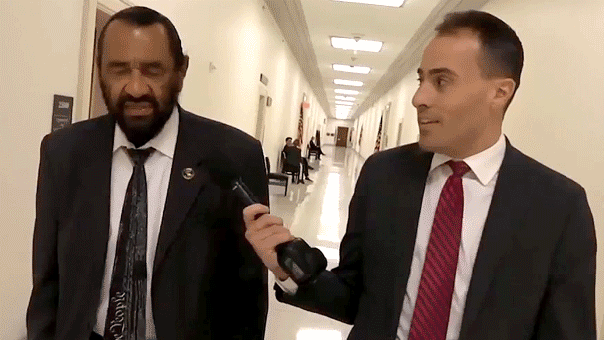Media top headlines May 11
Martha MacCallum pressing a teachers union president over critical race theory and more round out today's top media headlines
Journalist Matt Taibbi blasted members of the media for their transformation from being challengers to what he referred to as the "Spy State" to becoming "agents" of it.
Taibbi wrote a scathing piece on his Substack arguing that "news companies are pioneering a new brand of vigilante reporting" by "partnering with the spy agencies they once oversaw."
He began by recalling WikiLeaks' 2010 release of US government secrets from the war in Afghanistan, which he noted that outlets like The New York Times, The Guardian and Der Spiegel "helped" in exposing the documents that were "devastating to America’s intelligence community and military," adding that such revelations later inspired former NSA contractor Edward Snowden to come forward in 2013 to expose the agency's surveillance program, resulting in Pulitzer Prizes for journalists Glenn Greenwald, Jeremy Scahill and Laura Poitras.
"Fast forward seven years. Julian Assange is behind bars, and may die there. Snowden is in exile in Russia. Brennan, Clapper, and Hayden have been rehabilitated and are all paid contributors to either MSNBC or CNN, part of a wave of intelligence officers who've flooded the airwaves and op-ed pages in recent years, including the FBI’s Asha Rangappa, Clint Watts, Josh Campbell, former counterintelligence chief Frank Figliuzzi and former deputy director Andrew McCabe, the CIA’s John Sipher, Phil Mudd, Ned Price, and many others," Taibbi wrote.

Matt Taibbi penned a scathing column declaring that "the American left has lost its mind" and the journalism industry is suffering as a result. (Rochlin/FilmMagic)
The liberal commentator then listed the efforts from various news outlets "snooping for evidence of wrongness" in assistance of the surveillance state, pointing to a report from The Guardian sounding the alarm on podcasts, ProPublica targeting Apple by arguing its "lax speech environment contributed to the January 6th riot," and reporters from the New York Times, Vice and The Verge "listening in to Clubhouse chats in search of evidence of dangerous thought."
"Multiple outlets announced plans to track "extremists" in either open or implied cooperation with authorities. Frontline, ProPublica, and Berkley Journalism’s Investigative Reporting Program used "high-precision digital forensics" to uncover "evidence" about the Boogaloo Bois, and the Huffington Post worked with the "sedition hunters" at the Twitter activist group "Deep State Dogs" to help identify a suspect later arrested for tasering a Capitol police officer," Taibbi wrote.
Taibbi also singled out The Intercept for its 'FBI-like hunt for 'extremists'" on the social media platform Gab, something he stressed was "more or less the exact opposite of the company’s original mission, which focused on the institutional abuses of the very counterintelligence and law enforcement bureaucracies they now seem anxious to aid."
"Vigilante press efforts at outing ‘domestic extremists’ will function as an auxiliary watch list," Taibbi warned. "Do we need help remembering how the last version worked out? Over 1.1 million names were entered on a list that was shared with 1,400 private groups, from hospitals to universities to prospective employers, resulting in people losing jobs, being denied banking services, having travel restricted, and experiencing all sorts of other difficulties."
CLICK HERE TO GET THE FOX NEWS APP
"Buzzwords cooked up by security agencies have for years now become media talking points instantaneously. Whether it’s ‘an attack on our democracy’ or the ‘sowing of discord,’ media outlets are happy to re-transmit propaganda constructions verbatim," Taibbi continued. "There are dangerous racially-motivated extremists in America to be sure, but all of them combined don’t approach the threat of making the entire population subject to the logic of the Watch List."
He concluded, "Rather than take on those issues, the press is taking the easy way out, pinning deputy badges to their chests and diving into the lives of ordinary people in search of secret sins. That’s not journalism, it’s a Crowdsourced Inquisition, and by the time reporters realize what they’ve signed themselves up for, it will be too late. People like Brennan and Clapper must laugh themselves hoarse, to think they ever had anything to fear from this press corps."










































